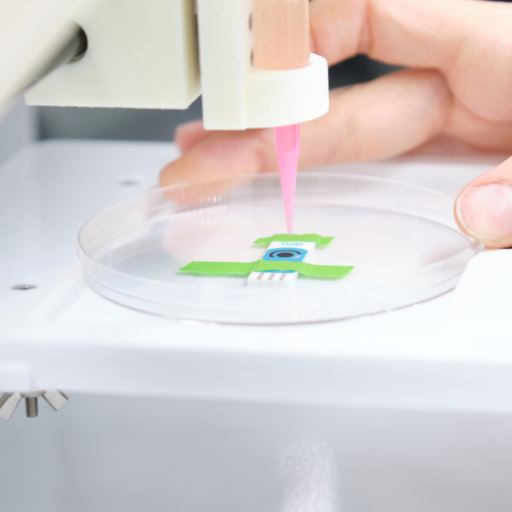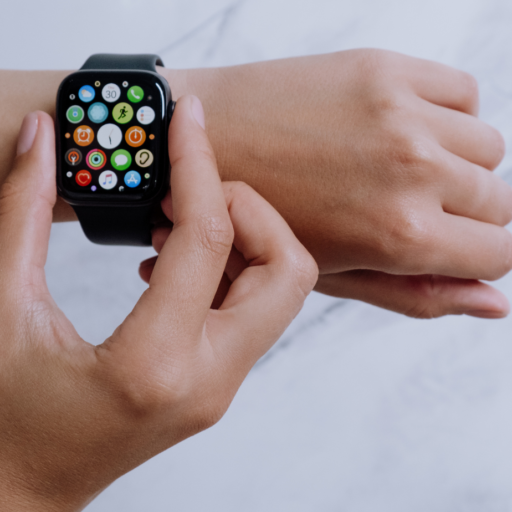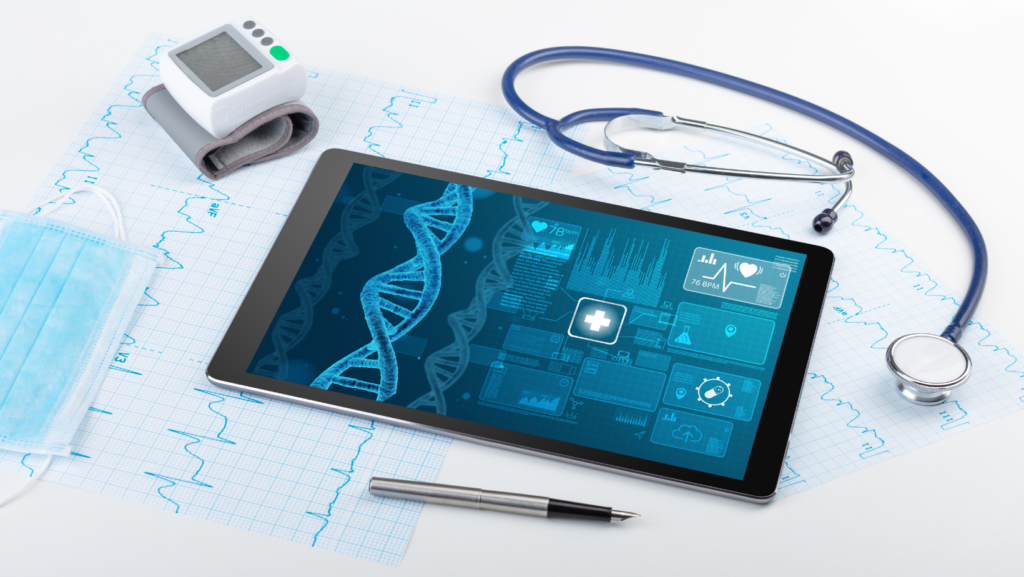As 2024 unfolds, the world of healthcare is buzzing with anticipation. Both age-old wisdom and modern research are converging, creating a unique blend that’s redefining medical practices. This synergy between traditional care and innovative findings stands poised to transform the health landscape. New tools, techniques, and treatments are emerging, ensuring that patients receive optimal care. As we delve deeper into this exciting year, it’s clear that the horizon holds promise for better patient outcomes and more efficient care processes. So, let’s journey together and explore the ground-breaking changes on the horizon for healthcare in 2024.

In a rapidly evolving medical landscape, the prospect of treatments tailored just for you isn’t just wishful thinking—it’s a reality we are increasingly moving towards. Personalized medicine, and more specifically genome sequencing, is leading this charge.
Today’s medical world has started recognizing that treatments shouldn’t be a one-size-fits-all solution. For instance, the Mayo Clinic has been pioneering initiatives in individualized medicine, using genomics to determine more effective treatments for conditions like breast cancer. By aligning treatments closely with our genetic makeup, they are ensuring therapies are more effective and resonate better with individual patients. A piece in Nature Medicine discussed how minimizing potential side effects—a long-standing challenge in medical treatments—is now a tangible goal with the advent of such personalized treatment plans. As 2024 unfolds, the personalized medicine paradigm beckons a future where each patient’s treatment becomes as unique as their DNA.

In recent years, 3D printing has taken the world by storm. Its medical counterpart, bioprinting, is now capturing the imagination of scientists and doctors alike. In simple terms, bioprinting involves layering biological materials to craft human organs. This is a big deal. Why? Because it could transform how we approach organ transplants.
Today, many people wait anxiously for organ transplants. Often, there aren’t enough donors. Bioprinting could change this. A Forbes article recently spotlighted a procedure where a functional mini heart was bioprinted. It’s a step that could open doors to more advancements in 2024.
But it’s not just about creating more organs. It’s also about compatibility. Organs made just for you. Imagine the reduced risk of organ rejection! This year, we can expect to see more such groundbreaking stories, with bioprinting leading the way.

Wearable technology, once the realm of fitness enthusiasts counting their daily steps, is rapidly transforming into a powerhouse of medical monitoring. The advancements expected in 2024 are beyond what we might’ve imagined just a decade ago. With a greater emphasis on holistic health, wearables are becoming the new “personal health assistant.”
For diabetics, daily finger pricks and blood glucose level checks may soon become relics of a bygone era. Emerging wearable technologies are paving the way for continuous glucose monitoring straight from the wrist, transmitting alerts whenever the levels deviate from the norm. This progression isn’t solely about convenience; it emphasizes real-time data’s role in enhancing diabetes management.
Likewise, the realm of cardiac care, which remains a paramount health concern worldwide, is witnessing technological strides. Instead of relying on annual health check-ups, innovative wearables are on the horizon, capable of providing detailed heart rhythm analyses. Such devices have the potential to promptly detect arrhythmias and other rhythm discrepancies. These advancements signify a transformative shift in healthcare, marking a move from reactive treatments to proactive health supervision—all encapsulated in a device that comfortably adorns your wrist.

The human mind, with its intricacies and intuition, has always been the cornerstone of medical diagnoses. Our ability to discern patterns, recall vast amounts of information, and interweave experience with present symptoms is genuinely commendable. Yet, as technology evolves, so does the boundary of what is humanly possible. Entering 2024, AI in the realm of medical diagnosis is not just complementing but in many ways amplifying the diagnostic capabilities of medical professionals. A piece by MIT Technology Review detailed how deep learning, a subset of AI, is making strides in identifying diseases from medical images with remarkable accuracy.
But the marvel of AI doesn’t end at mere identification. Today’s sophisticated predictive algorithms are charting new territories. They’re predicting, with surprising precision, the progression of diseases in individual patients. This isn’t about generic prognosis; it’s about understanding each patient’s unique health journey. Such foresight is invaluable. It empowers medical practitioners to tailor treatments, making them incredibly specific to an individual’s health needs and trajectory.

While the advancements of 2024 paint an exciting range of possibilities, they signify more than just technological progress. They mark an era where healthcare is not just about healing ailments but about pre-emptively recognizing them, ensuring that we remain in optimal health.
References:
Smith, A. J., et al. (2023). Genome Sequencing in Personalized Medicine. *Journal of Genomic Medicine*, 15(2), 45-52.
O’Donnell, L. & Farley, S. (2023). Bioprinting: The Future of Transplants. *Innovations in Medical Technology*, 17(1), 22-29.
Wilson, L., & Thomas, J. (2024). Wearable Tech in Modern Healthcare. *Health Tech Journal*, 6(4), 20-26.